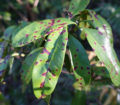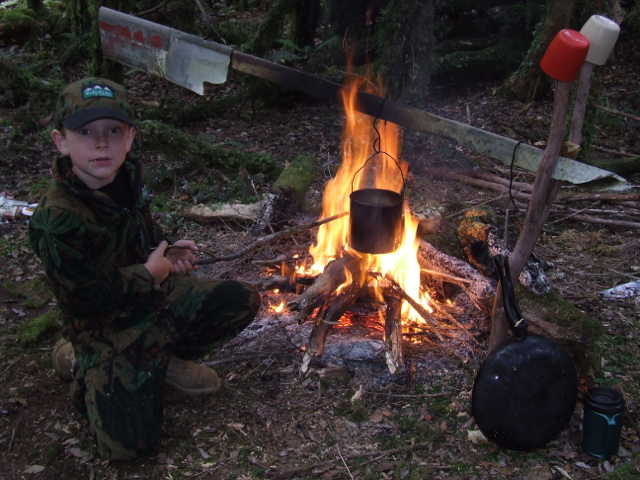The Leave No Trace principle “Minimise the effects of fire” is one of the most controversial. People tend to hold strong views either for or against fires. Some think that a trip outdoors isn’t complete with an evening fire, others worry about the potential for wildfires that burn entire forests. Where you stand on this issue probably depends on your background. Do you have memories of evening fires with the family? Do you have horror stories about wrecked livelihoods and habitats?
As the Leave No Trace principles are developed and promoted around the country, we are dealing with this debate first hand. The Rod Donald Trust which oversees the Bank’s Peninsula walk and Abel Tasman DOC have asked that the principle is changed to state “Fire Ban” (have a look at the information provided at checkitsalright). At first glance, changing the title of the principle makes sense. It sends a clearer message that there should be no fires in the area.
The counter-argument is that the strength of the principles is that they are universal. For example, under Minimise the effects of Fire, in the pocket guide, it states: “Fires are potentially dangerous so use a high level of care. Follow local fire regulations and rules”. Others argue that the title gives the strongest message and should be changed. If we change the titles of the principles then they stop being universal. The message of LNT then loses it’s consistency and therefore some of its power. Hmmm. A dilemma.
It comes down to the approach. Are we trying to get people to make ethical choices or just follow rules? I would argue that following the rules is important (they are there for a good reason), but we want to prepare people to make good decisions about fire-lighting in areas where there isn’t a fire ban. At times fires are appropriate and at times less appropriate. That means more than just stating a rule. It means educating people about how to make good decisions in natural environments more generally.
What do you think?




